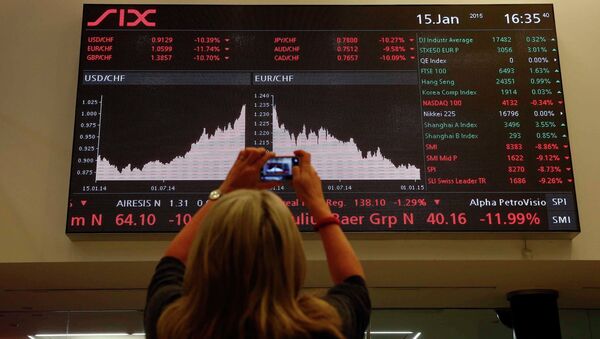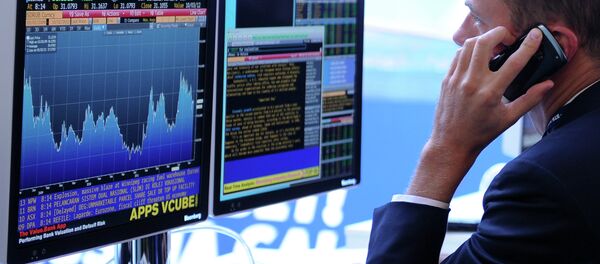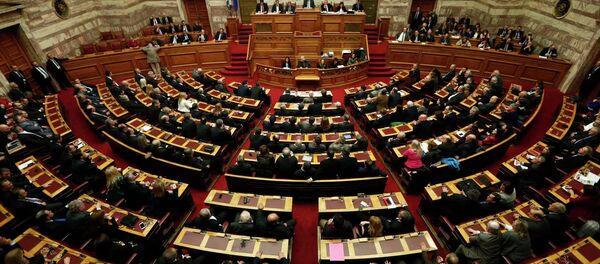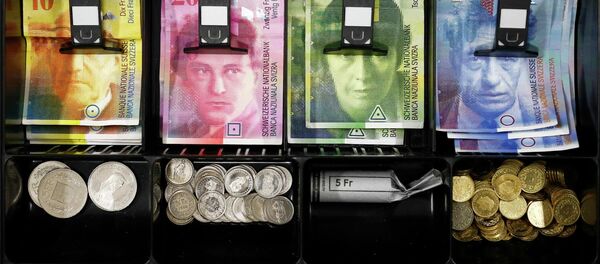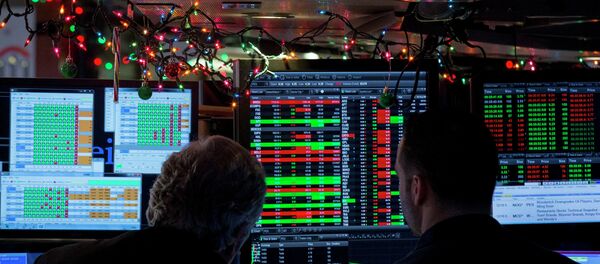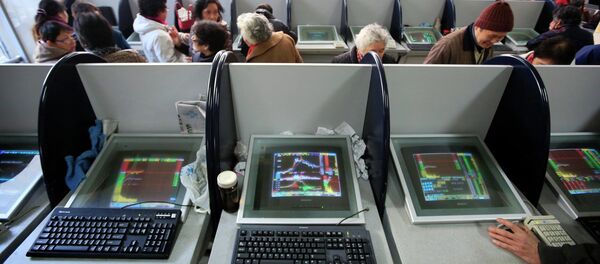Asian shares advanced at the opening on Wednesday, led by significant gains in commodities and energy equities, as more expensive crude has triggered a massive buyout in stocks of oil traders and transporters, as well as refining enterprises. The MSCI Asia Pacific Index added 0.8% so far in Tokyo after yesterday’s losses. Japan’s markets benefitted on the advance in banking sector as Mitsubishi UFJ Group posted stronger-than-expected earnings data. The Nikkei 225 Index rose 2%, recovering from yesterday’s losses as well. Mitsubishi UFG jumped 5.2% after publishing its Q4 earnings report, beating forecasts. SMFG, the financial corporation, added 2.7%. The banking sector on the average added 3.6% on Tokyo Stock Exchange today.
Wall Street closed in the green Tuesday, its second consecutive day of significant gains driven by rally in energy sector. Overall, US stocks added more than 1%, with the Dow adding 1.76% at the close, S&P 500 rising 1.44% and Nasdaq 1.09%.
Not only the rebound in energy shares helped the US markets yesterday, but also the strong January sales data posted by America’s biggest automotive manufacturers. Cheap petrol and accessible credit provided for a stronger than expected demand for cars. Ford rose 2.5% on the optimistic sales data, General Motors added 2.6%, Fiat Chrysler advanced 3.3%.
Volatility in US markets has been higher this year compared to last year’s numbers. Equities generally tended to fluctuate double last year’s average daily trading range.
"You've had some of those who had been extremely bearish start to take off their bearish bets when it felt like you may have gotten to a short-term bottom in oil," Michael James of the Los Angeles-based Wedbush Securities told Reuters. "Some of the trader pressure on the commodity itself has abated somewhat. With that, you've had more of an equity risk-on mentality."
Trading volumes in the US exceeded the past five sessions’ average on Tuesday with roughly 8.4 bln equities bought and sold compared to the average of 7.7 bln. The New York Stock Exchange was bullish, with demand rife for energy shares and risky assets.
In Germany, chancellor Angela Merkel still insisted that Greece implements a structural reform, and Berlin’s stance is not getting any milder. Greece is facing an unprecedented perspective of being kicked out of the Eurozone, and Merkel is sure other member states would support such a development. As for now, Greece seems to be willing to give in, despite the aggressive anti-EU rhetoric, to the demands from Brussels, Berlin and Washington (the IMF, not the US).
"Greek banks have massive potential to recover, because if you get a debt deal and Greek banks get some help, then they can reinforce their balance sheets and carry on trading," Edmund Shing of BCS Asset Management told Reuters.
The pan-European FTSEurofirst 300 rose 0.8% and Germany’s DAX hit another record high, rising by 0.6%. European equities followed the global trend with the energy sector leading the gains. Oil giant BP appreciated by 2.8%, posted a stronger than expected Q4 profits data. The Eurozone’s biggest bank, the Spanish Santander, rose by 4.6%, having reported a more than 70% increase in profits in Q4.
Mainland China remains an area of concern as services and manufacturing have slumped to their six-month low, as revealed by the data announced today. Purchasing Managers’ Index (PMI) in services declined to 51.8 in January compared to 53.4 only a month earlier (50 is a PMI threshold, numbers below 50 mean contraction). This is disappointing news as services constitute roughly 48% of the mainland’s GDP as of 2014. China’s central bank is expected to expand its stimulus program this month.
This year the decline in oil prices and the overall slowdown in global growth prompted several central banks to initiate and/or expand stimulus, examples include Singapore, the EU, Canada and Australia.
In the currencies, the dollar slid 0.9% against most major currencies. The euro rose to $1.1488, while the yen has been flat at 117.48 per 1 USD.
Gold, having depreciated 1% Tuesday, is up 0.2% today in Asia, however, as oil prices grow and global economy accelerates, safe havens are in less demand now than just a month ago, meaning investors are more into riskier assets like the euro now. The global gold price is $1,262.04, while in the US the yellow metal trades at $1,261.50, which is far below the psychological threshold of $1,300/oz.
The global economy is now heading for a faster recovery as most risks, perceived as gravely serious just a month ago, have mostly faded. With gains in energy in the US and Japan and the more dynamic Eurozone, global growth might soon post surprisingly high gains.
